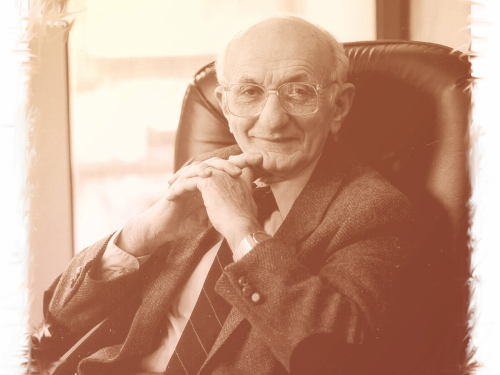
Professor Henkin was a crafter of beautiful sentences, grand ideas, and entire fields of law.

Through his writing and personal engagement over more than 40 years at Columbia, he did more than anyone else to render robust and coherent the fragments of an emerging human rights law and movement. The courage of his convictions combined with the strength of his intellect gave succeeding generations the confidence to be lawyers in the service of a grand ideal. I am certainly a beneficiary. My story, like so many others, began with the disarming experience of a student who tentatively approached the giant’s office door, only to find the giant welcoming him, as if he were expected, all along. I prepared for each session of his seminar like an athlete for a meet. I, like many, wondered constantly how it was that someone so productive, so present in so many places at once, had so much time for us. I came back to Columbia because of what Louis Henkin had made possible: There were no limits to human rights here. It was mainstream and seeped into other corners of the curriculum. The Institute he founded invited us to critically engage across a spectrum of issues that was constantly expanding.
Even as his physical presence in our lives diminished, Professor Henkin was a constant presence in our minds and will remain so for years to come. The day before his death—in discussing a new book on the history of human rights by Sam Moyn—we were vibrantly discussing his inimitable combination of commitment, strategic vision, and beautiful language.
As long as the Human Rights Institute aspires to fulfill his vision, we can’t go wrong.
—Professor Peter Rosenblum, former Human Rights Institute faculty co-director
